15 of the Most Outlandish Myths About Dairy
Dairy has long been a staple in many diets, but a cloud of myths and misconceptions surrounds it. From claims about its health benefits to worries about its effects, the world of dairy can be confusing.
Separating fact from fiction is essential for making informed dietary choices. Here are 15 of the most outlandish myths about dairy and the truth behind them.
Dairy Causes Acne

One common myth is that dairy products are directly responsible for acne. While some studies suggest a possible link between dairy and acne in certain individuals, it’s not a universal cause.
Various factors, including genetics, hormones, and overall diet influence acne. Reducing dairy might help some people, but it’s not a guaranteed solution for everyone.
Milk Is Only for Strong Bones
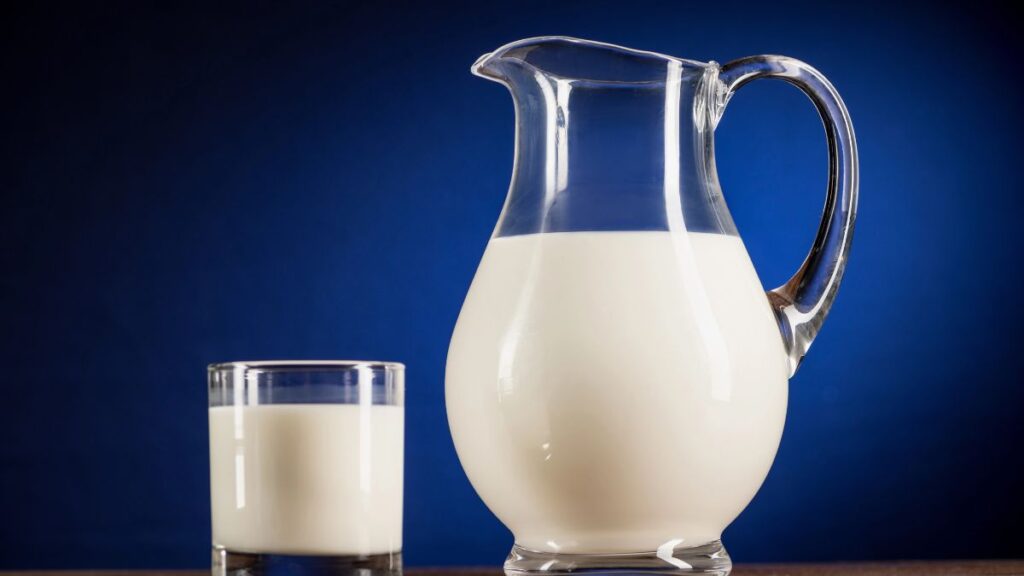
The belief that milk is the sole source of strong bones is exaggerated. While milk contains calcium, which is important for bone health, other foods also provide this mineral.
Leafy greens, nuts, and fortified plant-based milks can also be excellent sources of calcium. A balanced diet with various nutrients supports bone health.
All Dairy Products Are Unhealthy
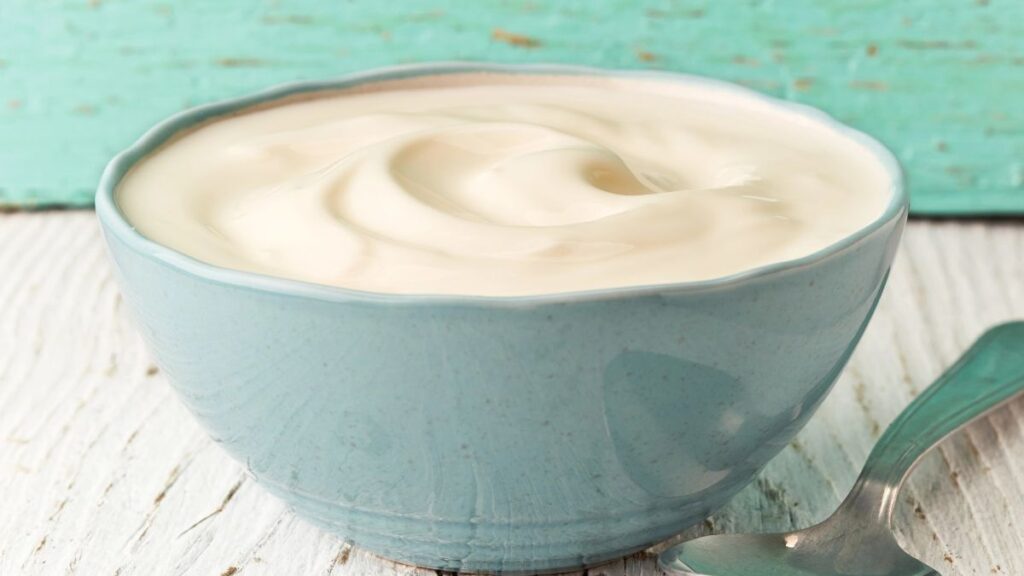
Not all dairy products are unhealthy; it depends on the type and how they’re consumed. Whole milk and high-fat cheeses are higher in saturated fats, but low-fat or fat-free options can be part of a healthy diet.
Yogurt with live cultures can aid digestion, and cheese in moderation provides protein and calcium.
You Should Avoid Dairy If You’re Lactose Intolerant

Lactose intolerance means your body has trouble digesting lactose, a sugar found in milk. However, many lactose-intolerant people can still enjoy dairy products like lactose-free milk or aged cheeses, which have lower lactose levels. You don’t necessarily need to eliminate all dairy from your diet.
Organic Dairy Is Always Healthier
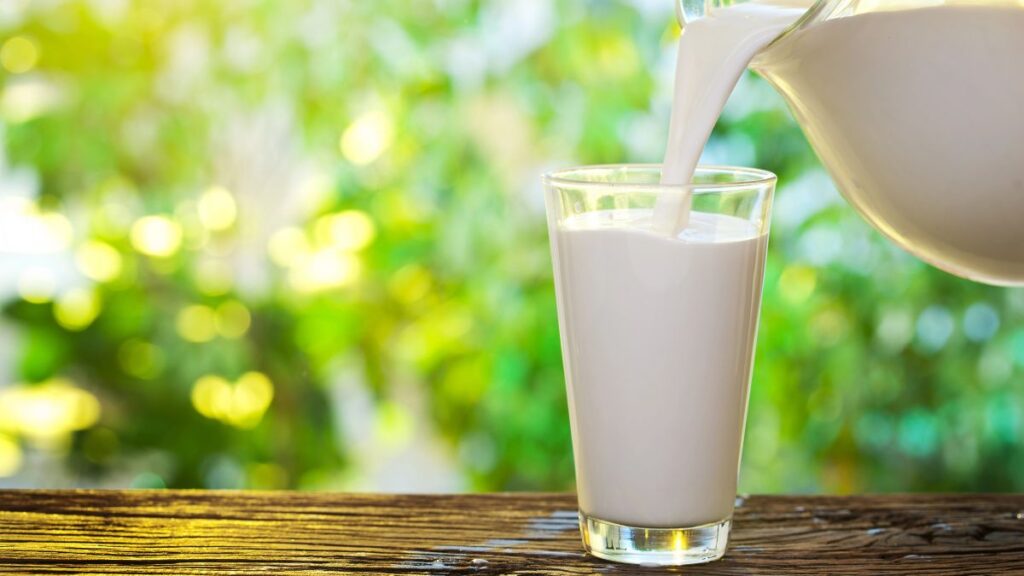
Organic dairy products are often marketed as healthier, but the health benefits are not always clear-cut. Organic dairy means the cows are not treated with antibiotics or synthetic hormones, but it doesn’t automatically mean the product is lower in fat or calories.
Evaluate dairy products based on their nutritional content rather than just their organic label.
Dairy Increases Mucus Production

The idea that dairy increases mucus production is a widespread myth. Scientific studies have not conclusively proven this link.
While some people may feel more mucus when consuming dairy, it is not a universal effect. If you notice this symptom, consider discussing it with a healthcare professional.
Cheese Is High in Fat and Should Be Avoided
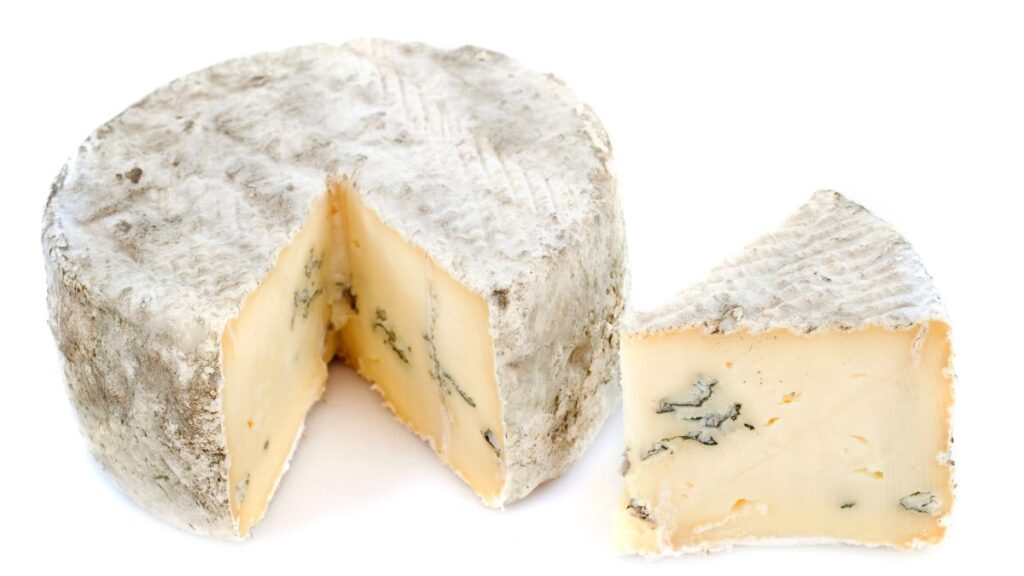
Cheese is high in fat, but it also provides protein and calcium. It’s about moderation and choosing the right type.
Opting for low-fat or reduced-fat cheese can help manage fat intake while still enjoying its benefits. Eating cheese in moderation as part of a balanced diet can be perfectly healthy.
All Dairy Is High in Sugar
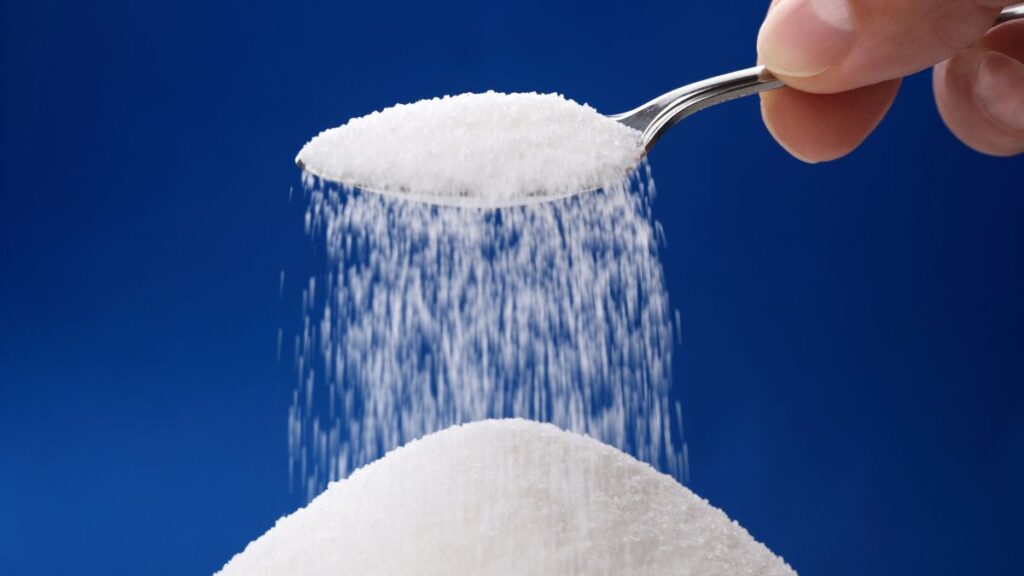
Not all dairy products are high in sugar. Plain milk and unsweetened yogurt have natural sugars but don’t contain added sugars.
Be cautious with flavored yogurts and milkshakes, which can contain high amounts of added sugar. Reading labels helps you make healthier choices.
Dairy Products Cause Weight Gain

Dairy products themselves do not cause weight gain. Consuming them in moderation, as part of a balanced diet, is key.
Overeating any food, dairy included, can contribute to weight gain. Choosing low-fat options and controlling portion sizes can help manage weight.
Milk Is the Best Source of Vitamin D
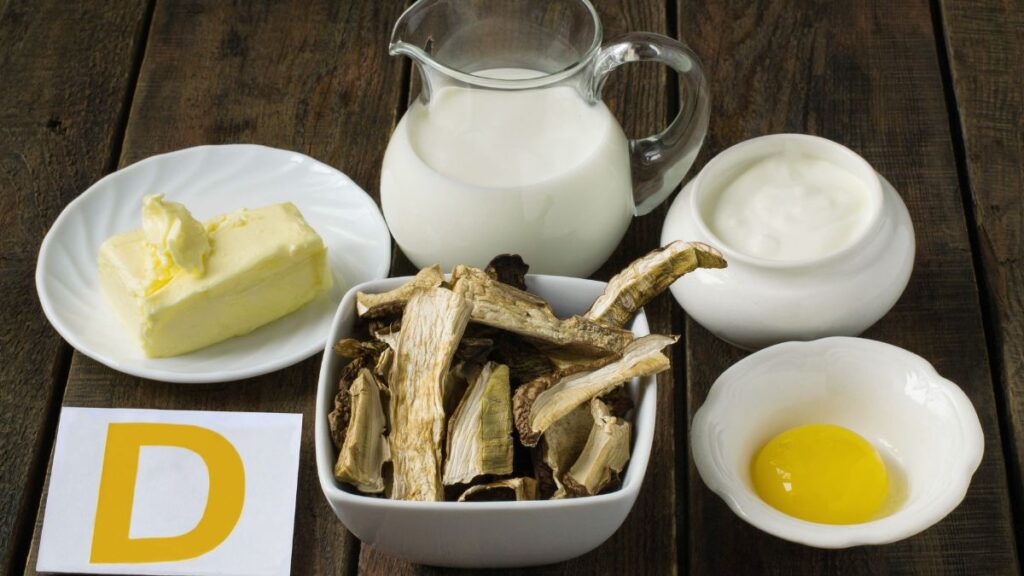
While milk is often fortified with vitamin D, it’s not the only source. Other foods like fatty fish, eggs, and fortified cereals also provide vitamin D.
Sunlight exposure is another important source of vitamin D. A varied diet and lifestyle contribute to meeting vitamin D needs.
Non-Dairy Alternatives Are Always Healthier
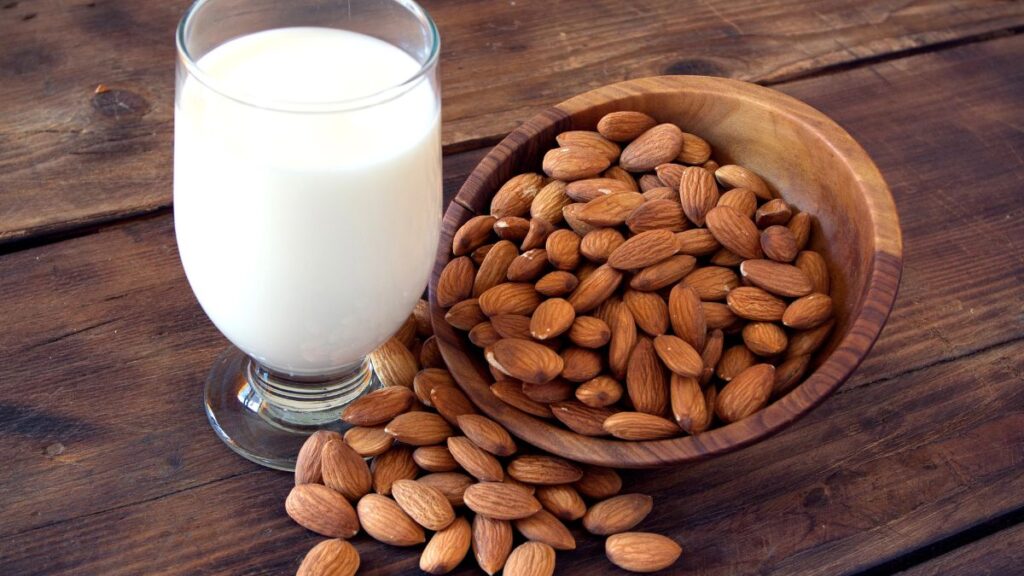
Non-dairy alternatives like almond or soy milk can be healthier for some, but they’re not always better. Many non-dairy milks have added sugars or lack protein and calcium.
Check the nutrition labels to compare them with dairy milk and choose options that meet your dietary needs.
All Dairy Products Are High in Cholesterol

While some dairy products are high in cholesterol, others are not. Low-fat and fat-free dairy options have less cholesterol compared to full-fat varieties.
Choosing the right type of dairy product can help manage cholesterol levels while still providing essential nutrients.
Skim Milk Is the Best Option for Weight Loss

Skim milk might seem like the best choice for weight loss due to its lower fat content, but it may lack some nutrients found in whole milk.
Fat can help you feel full longer, which might assist with appetite control. Balance your diet with a variety of dairy products and consider overall calorie intake for effective weight management.
Dairy Products Are Not Suitable for Adults

Dairy products can be beneficial for adults as well. They provide essential nutrients like calcium, protein, and vitamin B12.
While some adults may choose to avoid dairy for personal or health reasons, it remains a valuable part of many diets. Moderation and variety are key.
Milk Makes You Sleepy

The idea that milk makes you sleepy is partly true due to its tryptophan content, which can promote relaxation.
However, milk alone is not a sleep aid and shouldn’t be relied on for better sleep. Maintaining good sleep hygiene and a balanced diet are more effective strategies for improving sleep quality.
Eating Right With Type 2 Diabetes: Stay Away From These 15 Foods

Managing type 2 diabetes involves making careful food choices to keep your blood sugar levels stable. Some foods can cause your blood sugar to spike, making it harder to manage your diabetes.
Eating Right With Type 2 Diabetes: Stay Away From These 15 Foods
15 Foods That Are Becoming Too Expensive To Buy Due To Skyrocketing Prices

Food costs have been steadily rising in recent years, impacting households worldwide. Various factors, such as climate change, supply chain disruptions, and increased demand, have contributed to the soaring prices of many staple foods.
15 Foods That Are Becoming Too Expensive To Buy Due To Skyrocketing Prices






